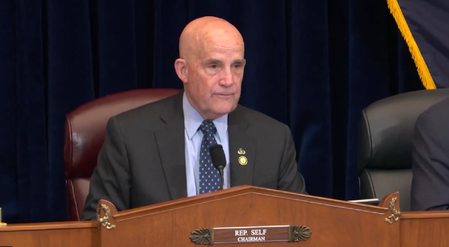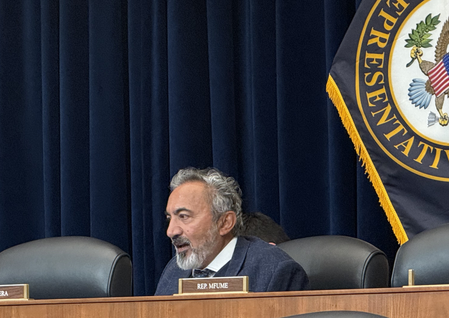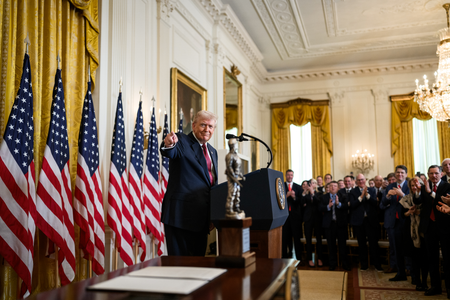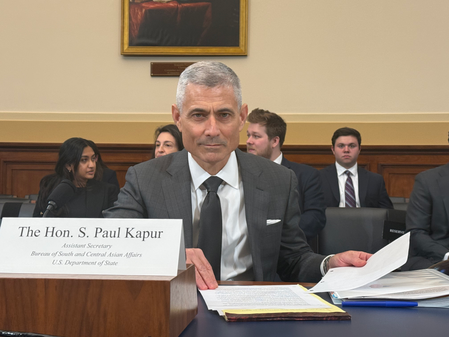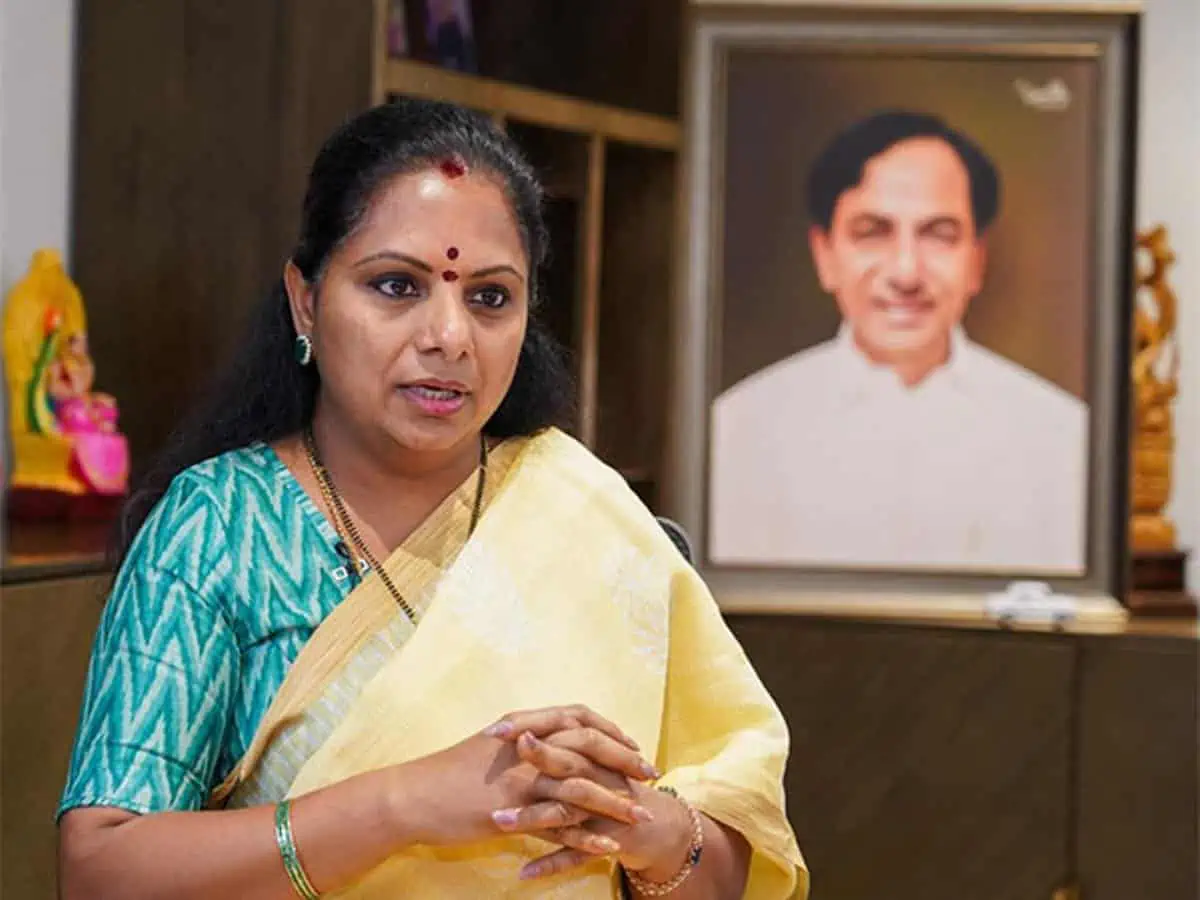
Hyderabad, 17th May 2024 :The corridors of the Delhi High Court reverberated with anticipation as the judicial machinery set into motion upon the submission of a bail plea by K Kavitha, daughter of Telangana Chief Minister K Chandrasekhar Rao. In a development that has captured public attention, the court has issued a notice to the Central Bureau of Investigation (CBI), signaling the initiation of legal proceedings in response to Kavitha’s plea for bail.
The case, which has piqued interest owing to the involvement of a prominent political figure, has brought the spotlight onto the intricacies of the legal system. As Kavitha navigates through the labyrinth of legal procedures, her plea for bail hinges on a multitude of factors that await scrutiny and deliberation within the halls of justice.
While the specifics of the case remain veiled in the shroud of legal confidentiality, the issuance of a notice to the CBI underscores the gravity of the situation. It sets in motion a process whereby the investigative agency is called upon to present its stance, thereby ensuring a fair and transparent adjudication of the matter.
The unfolding saga has garnered attention not only due to the involvement of a prominent political personality but also because of the broader implications it carries. The judiciary’s meticulous examination of the bail plea underscores the foundational principles of justice and equality before the law, irrespective of one’s social or political standing.
As the wheels of justice begin to turn, the outcome of K Kavitha’s bail plea remains uncertain. Yet, what is certain is the unwavering commitment of the judicial system to uphold the principles of fairness, impartiality, and the rule of law.
In the coming days, as legal arguments are presented and deliberations unfold, the nation awaits with bated breath for the resolution of this legal saga. The Delhi High Court’s notice to the CBI serves as a poignant reminder of the democratic ethos that underpins our legal system, where every individual is entitled to due process and the presumption of innocence until proven guilty.



